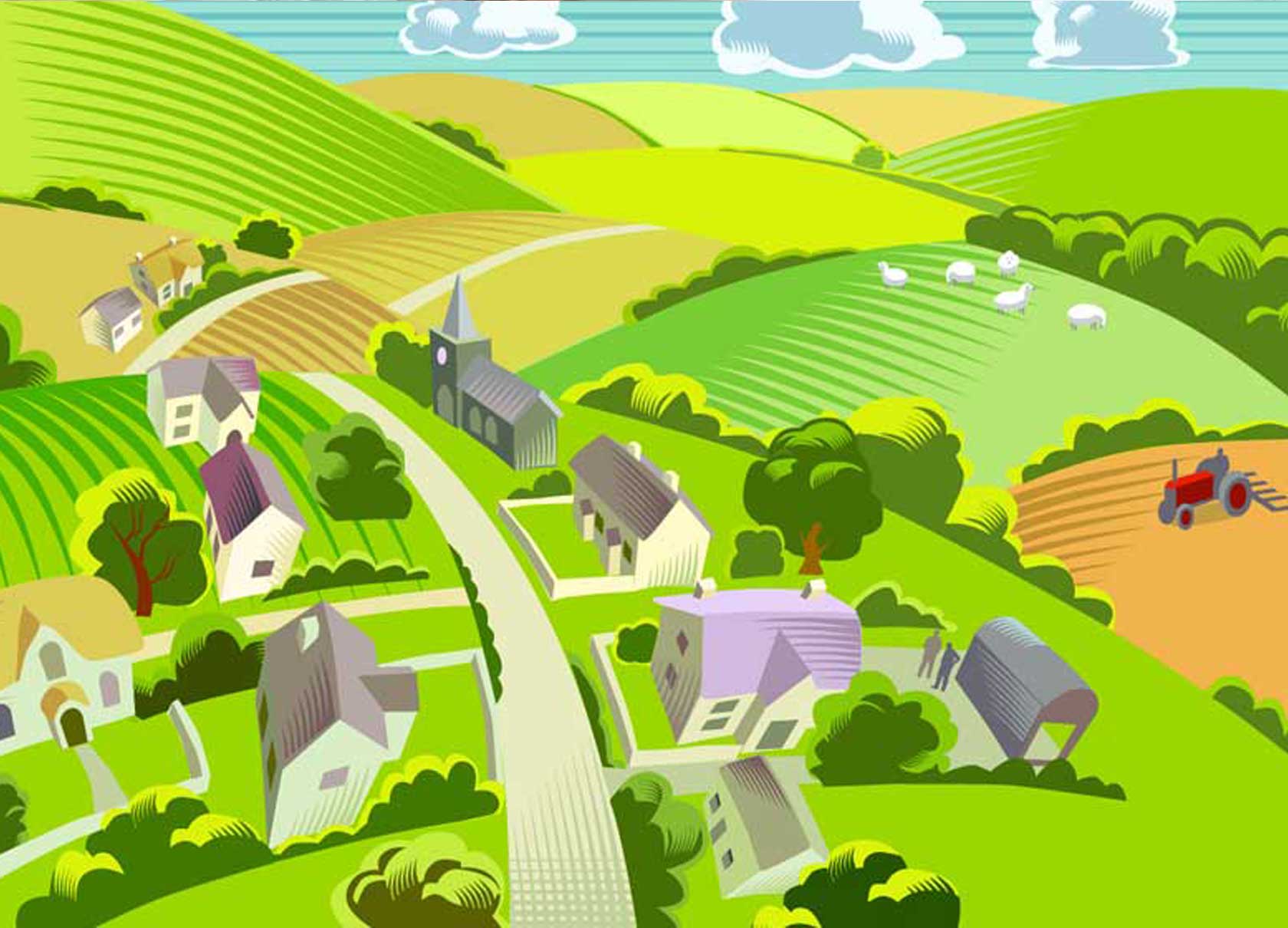
This led me to look into the question in more detail and the findings uncovered a variety of complex factors and variables.
It is well understood that ‘agriculture’ contributes to biodiversity loss with both arable and ruminant livestock farming contributing in different ways. Regional and system practices should be considered within both but a number of scientific research papers written since 2002 and specific to the UK conclude that while ruminant livestock farming contributes to biodiversity loss, especially through overgrazing and nutrient runoff, traditional and low-intensity ruminant livestock systems can be less harmful than arable systems and can even support greater biodiversity. There are a number of factors that explain why this might be.
First is habitat destruction. Arable farming often involves clearing large areas of natural habitats to make way for crop production leading to the loss of diverse ecosystems that many species rely on. It also typically involves the cultivation of a single crop (monoculture) over large areas which reduces habitat diversity and the variety of food sources available to wildlife.
The use of pesticides and fertilizers in arable farming can have detrimental effects on non-target species, including pollinators, insects, and soil organisms. Finally intensive crop farming can reduce soil quality over time impacting the ability of soil to support diverse life forms.
However UK ruminant livestock farming, particularly when managed intensively, can also contribute to biodiversity loss. Overgrazing is commonly cited as a factor that leads to soil erosion, loss of vegetation, and a reduction in plant species diversity. In some cases livestock farming can lead to deforestation and conversion of natural habitats to pastureland. However, in the UK, this is less of a concern compared to other countries.
Finally, livestock farming produces large amounts of manure, which can lead to nutrient pollution in water bodies if not managed properly. This can affect aquatic biodiversity.
While ruminant livestock farming can and does contribute to biodiversity loss, well-managed traditional and low-intensity pasture grazing systems tend to be less harmful and can even support biodiversity by maintaining more diverse habitats that promote a wider variety of birds, insects and plants including wildflowers.
The studies collectively indicate that UK arable farming, especially when intensive and involving heavy agrochemical use, tends to have more severe negative impacts on biodiversity compared to ruminant livestock farming but with the specific impacts varying greatly depending on the intensity and methods of farming. They also underline the complexity of agricultural impacts on biodiversity and the importance of farming practices and land management in determining the overall effects on ecosystems.
I wrote about regenerative agriculture last year and quoted a 2017 description from Regeneration International as “farming and grazing practices that, among other benefits, reverse climate change by rebuilding soil organic matter and restoring degraded soil biodiversity resulting in both carbon drawdown and improving the water cycle”.
It feels to me that UK agriculture in its entirety is not contributing equally to biodiversity gains, but without robust measurement tools to support the role of ruminant livestock’s contribution the debate it will continue to be part of the UK’s sustainability challenge.
We are the UKs largest trade body for the meat industry and provide expert advice on trade issues, bespoke technical advice and access to government policy makers
We are proud to count businesses of all sizes and specialties as members. They range from small, family run abattoirs serving local customers to the largest meat processing companies responsible for supplying some of our best-loved brands to shops and supermarkets.
We are further strengthened by our associate Members who work in industries that support and supply our meat processing companies.
We are the voice of the British meat industry.

17 Clerkenwell Green
Clerkenwell, EC1 0DP
Tel: 020 7329 0776